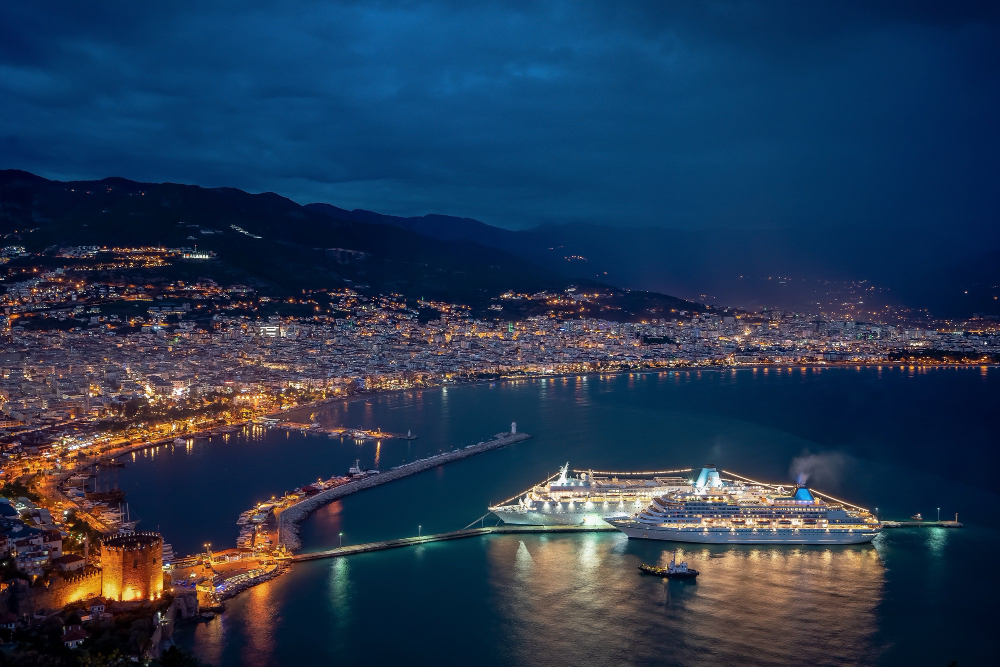Cruise vacations are often marketed as luxurious getaways filled with relaxation and adventure. Unfortunately, history has shown that not all voyages go as planned. The 10 worst cruise ship accidents and mishaps reveal the darker side of maritime travel, highlighting incidents that have left a lasting impact on both passengers and the cruise industry.
While many trips provide unforgettable memories, it is essential to be aware of the risks involved. Travelers should know that cruise accidents can happen despite the industry’s safety advancements. Orlando cruise injury legal representation helps individuals to be informed of choices when planning their next vacation.
Notable Cruise Ship Disasters
Cruise ship disasters can arise from a range of factors, including collisions, fires, and extreme weather. Each type of incident presents its unique challenges and consequences.
Collision and Grounding Incidents
These incidents often result from navigational errors or mechanical failures. A notable example is the Costa Concordia disaster in 2012, where the ship struck a rock off the coast of Italy, resulting in 32 fatalities. Titanic (1912) – the infamous sinking after hitting an iceberg led to the deaths of over 1,500 passengers and crew. Such accidents can lead to significant environmental damage and legal ramifications for cruise lines. MS Estonia (1994) – this ferry sank in the Baltic Sea during a storm, claiming 852 lives.
Fires and Engine Failures
Fires on cruise ships pose serious risks to passenger safety. MV Wilhelm Gustloff (1945) – a German ship sunk by a Soviet submarine, resulting in an estimated 9,000 deaths. MS Oceanos (1991): The ship sank off the coast of South Africa due to a hull failure, but all passengers were rescued. RMS Empress of Ireland (1914): Collided with a freighter in the St. Lawrence River, leading to 1,012 deaths. SS Andrea Doria (1956): Collided with another ship near Nantucket, resulting in 51 deaths.
Engine failures can also result in dangerous situations. The Carnival Triumph incident in 2013 left passengers stranded without power for days. Passengers faced unsanitary conditions, resulting in numerous health complaints. Legal experts, such as those from an Orlando Cruise Ship Lawyer, often assist affected individuals in pursuing compensation for their distress.
Severe Weather Encounters
Cruise ships are designed to withstand rough seas, but severe weather can still lead to tragedy. MV Le Joola (2002): A Senegalese ferry capsized, causing over 1,800 fatalities, though not a cruise ship, it highlights maritime risks. MS Sea Diamond (2007): Sank near Santorini, Greece, leading to the deaths of two passengers.
In 2019, Hurricane Dorian forced several cruise ships to alter their itineraries. Some vessels experienced rough seas and damage due to high winds and waves. These encounters highlight the importance of thorough safety protocols and the need for proper legal guidance post-incident.
Legal Aspects of Cruise Ship Accidents
Cruise ship accidents can lead to complex legal situations. The intersection of maritime law, passenger rights, and legal representation plays a crucial role in resolving these incidents. Understanding these aspects can offer clarity to affected passengers.
Understanding Maritime Law
Maritime law governs the operation of vessels at sea, including cruise ships. This body of law covers liability for accidents, injuries, and damages experienced by passengers and crew members.
One key principle is that accidents are often subject to the laws of the flag state, where the ship is registered, even if the incident occurs in international waters. Vessels must comply with safety regulations and codes, which include maintaining seaworthiness and providing appropriate medical care.
Passenger Rights and Compensation
Passengers have specific rights under maritime law that can affect their ability to seek compensation. These rights include the right to safety and the right to medical assistance.
In the event of an accident, passengers may file claims for injuries, lost belongings, or emotional distress. Compensation often depends on proving negligence on the part of the cruise line, such as inadequate safety measures or failure to provide proper care during emergencies.
The Role of Legal Representation
Seeking legal representation is important for passengers involved in cruise ship accidents. Experienced attorneys, particularly those specializing in maritime law, can help navigate the complexities of these cases.
Legal representation can assist in gathering evidence, such as witness statements and medical records, which are vital for building a strong case. Attorneys can also negotiate with cruise lines for fair compensation, ensuring that passengers’ rights are protected.
In places like Orlando, specialized legal representation can provide additional resources and insights into local maritime laws, enhancing the chances of a successful claim.







